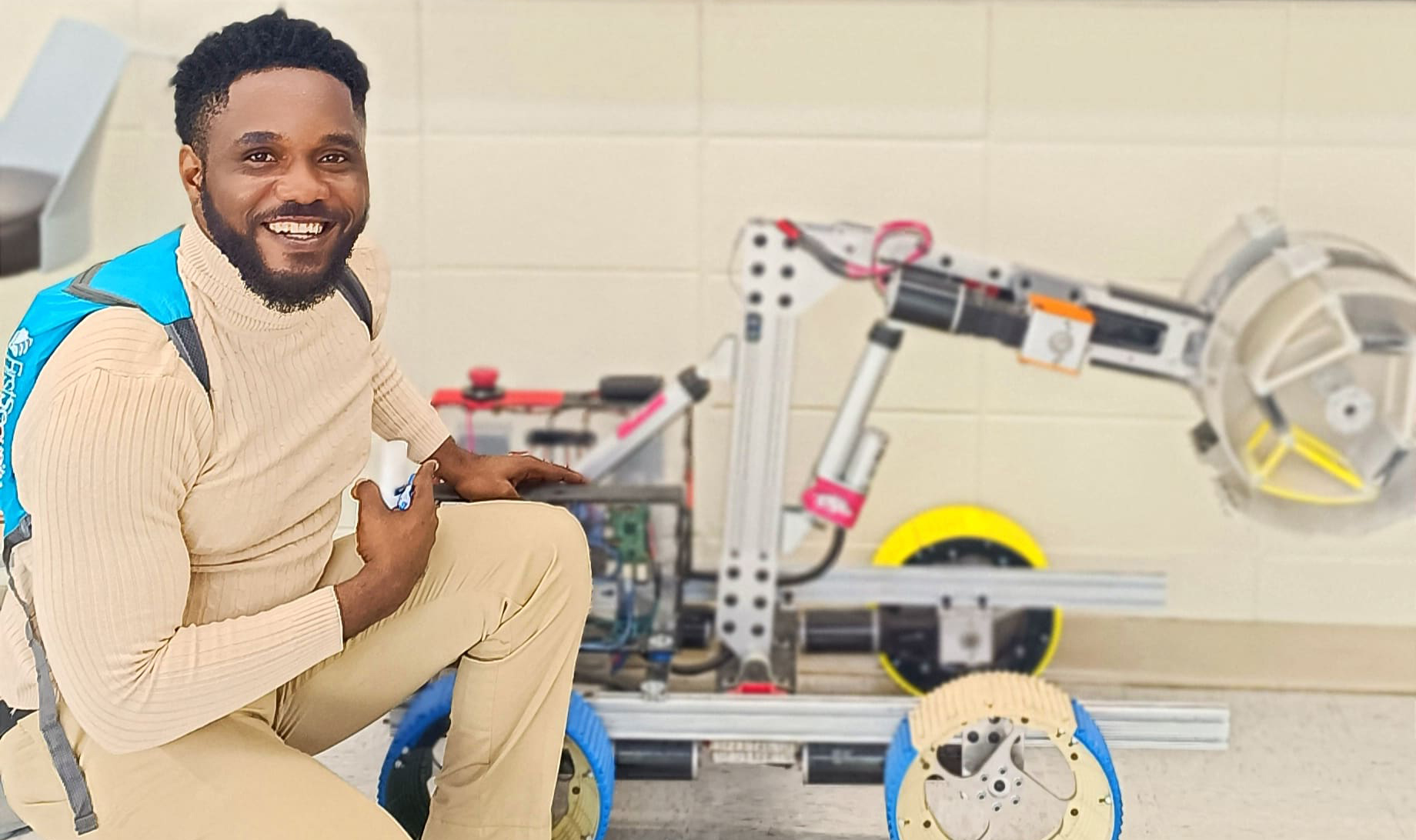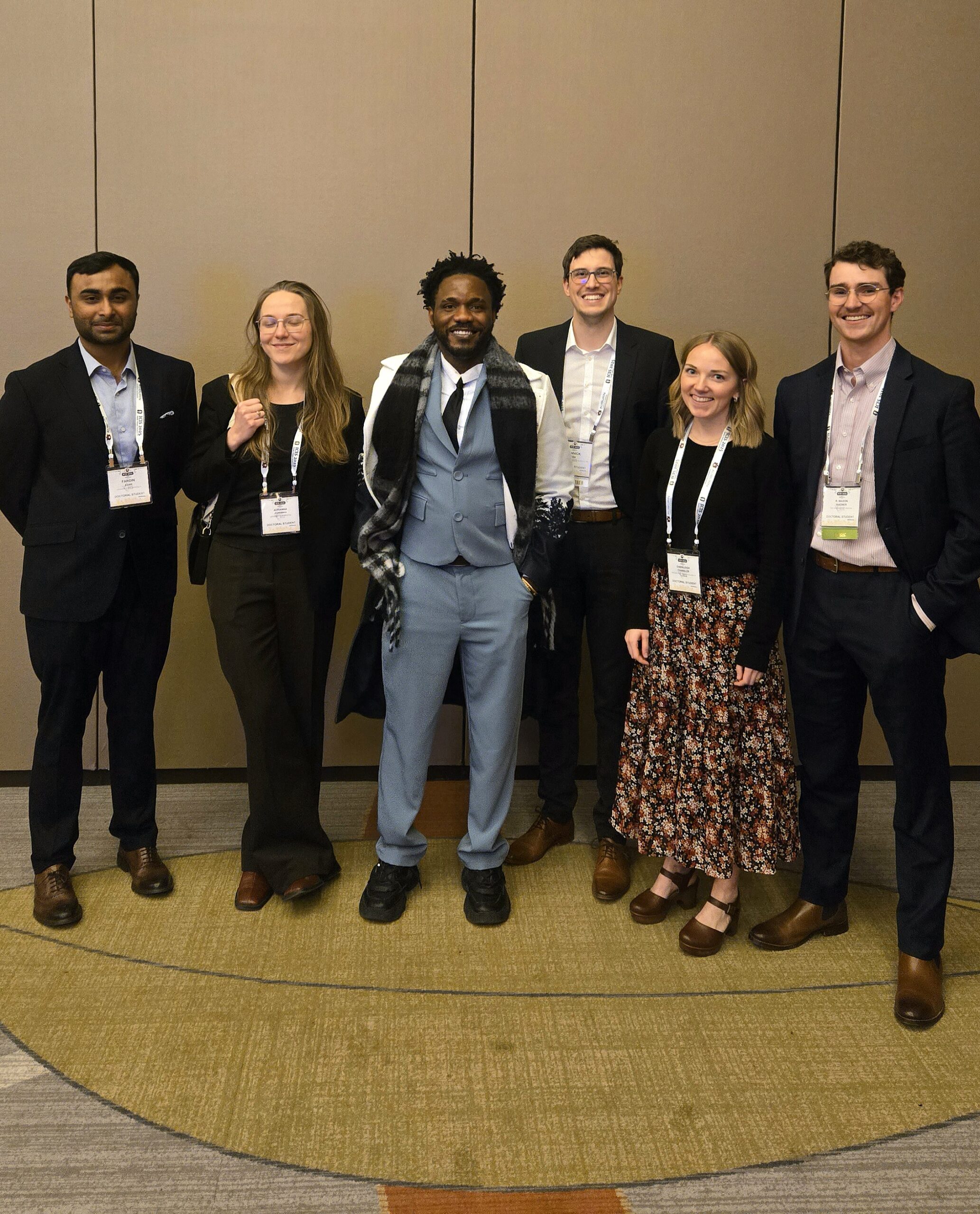Introduction
A hypothesis is like an educated guess about how something works or why something happens. It’s a statement that you can test through experiments or observations to see if it’s true or not. In other words, a hypothesis is a proposed explanation made on the basis of limited evidence as a starting point for further investigation.
What Is a Hypothesis?
- Educated Guess: A hypothesis is not a random idea; it’s based on existing knowledge, observations, and logical reasoning.Example: You notice that plants near the window grow faster than those in the shade. You might hypothesize that sunlight affects plant growth.
- Testable Statement: A hypothesis must be something you can test to determine if it’s true or false.Example: “If plants receive more sunlight, then they will grow taller.”
- Predicts Relationships: It often predicts a relationship between two things (variables).Variables:
- Independent Variable: What you change or control (amount of sunlight).
- Dependent Variable: What you observe or measure (plant growth).
Role of Hypotheses in Science
- Starting Point for Research: A hypothesis gives direction to your investigation.
- Framework for Experiments: It helps design experiments to test whether your idea holds true.
- Advancing Knowledge: Testing hypotheses leads to new findings and can confirm or challenge existing understanding.
Hypothesis vs. Theory
- Hypothesis:
- A tentative explanation.
- Based on limited data.
- Needs to be tested.
- Theory:
- A well-established principle.
- Based on extensive evidence.
- Has stood up to repeated testing.
Think of a hypothesis as a potential seed for a theory. If enough evidence supports it over time, it may contribute to a theory.
Examples of Hypotheses
- Simple Hypothesis: “Eating breakfast improves students’ performance in school.”
- Null Hypothesis: “There is no relationship between the amount of time spent studying and exam scores.”
- Alternative Hypothesis: “Students who study more hours will have higher exam scores.”
Why Are Hypotheses Important?
- Guide Research: They focus your study on specific predictions.
- Provide Clarity: They make it clear what you’re testing and what you expect to find.
- Facilitate Analysis: They help in determining what data to collect and how to interpret it.
How to Formulate a Hypothesis
- Make Observations: Notice something interesting or unexplained.Example: Athletes seem to perform better after a good night’s sleep.
- Ask a Question: Turn your observation into a question.Example: Does sleep affect athletic performance?
- Do Background Research: Learn what is already known.
- Formulate the Hypothesis: Make a clear, testable statement.Example: “If athletes sleep for at least eight hours, then their performance will improve.”
Characteristics of a Good Hypothesis
- Clear and Simple: Easy to understand.
- Specific: Focuses on a particular aspect.
- Testable: Can be supported or refuted through experimentation or observation.
- Based on Knowledge: Informed by existing information or theories.
Testing a Hypothesis
- Design an Experiment: Plan how to test your hypothesis.
- Collect Data: Gather information through experiments or observations.
- Analyze Results: See if the data supports or refutes your hypothesis.
- Draw Conclusions: Decide what your findings mean.
After Testing
- Supported Hypothesis: If results align with your hypothesis, it gains credibility.
- Refuted Hypothesis: If results don’t support it, you may revise the hypothesis or consider alternative explanations.
Conclusion
A hypothesis is a foundational tool in science and everyday problem-solving. It’s a way of thinking that helps us make predictions and understand the world by proposing explanations that can be tested. Whether you’re a scientist conducting research or just trying to figure out why your car won’t start, forming a hypothesis is a crucial step in finding answers.
Quick Recap
- Hypothesis: An educated, testable guess about how things work.
- Purpose: Provides a focus for experiments and research.
- Formulation: Based on observations, questions, and background research.
- Testing: Involves experiments or observations to support or refute it.
- Outcome: Helps increase understanding, even if the hypothesis is not supported.










Leave a Reply